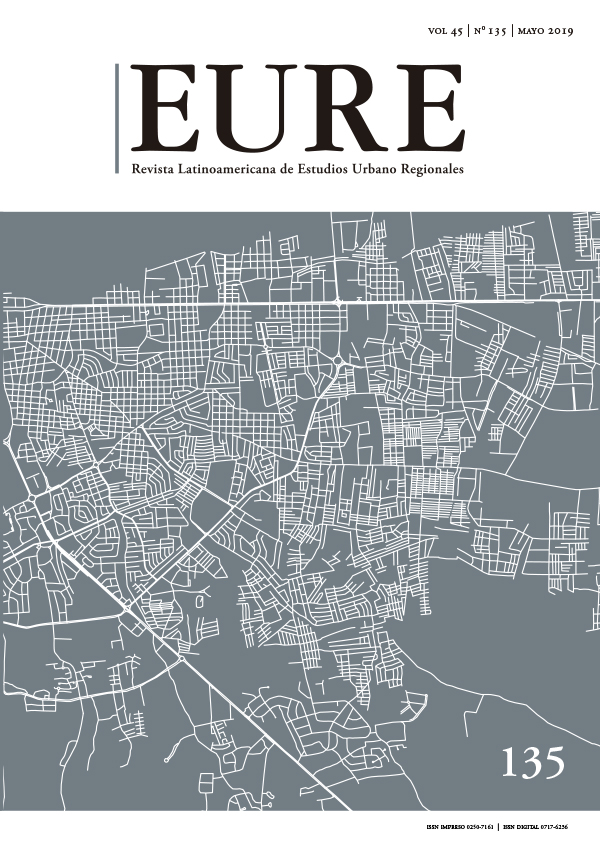A fabricaí§í£o de uma comunidade moral. O caso dos afetados da causa Matanza-Riachuelo
DOI:
https://doi.org/10.4067/S0250-71612019000200111Palavras-chave:
gestí£o ambiental, desigualdade social, política habitacionalResumo
A partir de uma etnografia desenvolvida entre os anos 2010 e 2015, analisarei a relocalizaí§í£o de vilas ribeirinhas da cidade de Buenos Aires ordenada pela máxima autoridade judicial argentina devido í proximidade de um rio altamente poluído. Irei indagar de que maneira alguns moradores de um entorno problemático apelam a uma narrativa ambiental que costuma se somar a um eixo reivindicativo em torno da moradia ou das condií§íµes de vida. Como pode se articular o direito a um ambiente saudável Í€”que pode ficar ancorado no mero reconhecimento cultural de serem afetadosÍ€” com uma rede diní¢mica de outros direitos? O mal que afeta alguns desses corpos se torna, através de várias traduí§íµes, reivindicaí§í£o política. A análise das negociaí§íµes dos afetados nos remete ao potencial do sofrimento na criaí§í£o de comunidades morais (Pita, 2010) e na busca de reconhecimento para mudar o curso de determinadas políticas.Downloads
Publicado
Como Citar
Edição
Seção
Licença
Copyright (c) 2019 Revista EURE - Revista de Estudios Urbano Regionales

Este trabalho está licenciado sob uma licença Creative Commons Attribution 4.0 International License.
Al momento de aceptar la publicación de sus artículos, los autores deberán formalizar la cesión de derechos de autor a EURE, según las condiciones establecidas por la Revista.
Ésta establece que el autor autoriza a EURE de manera gratuita, exclusiva e ilimitada a reproducir, editar, publicar, distribuir, publicitar, comercializar y traducir el artículo, a cualquier soporte conocido o por conocer y desarrollar.
Del mismo modo, los autores aseguran que el artículo propuesto es original, no publicado y no propuesto para tal fin a otro medio de difusión.


